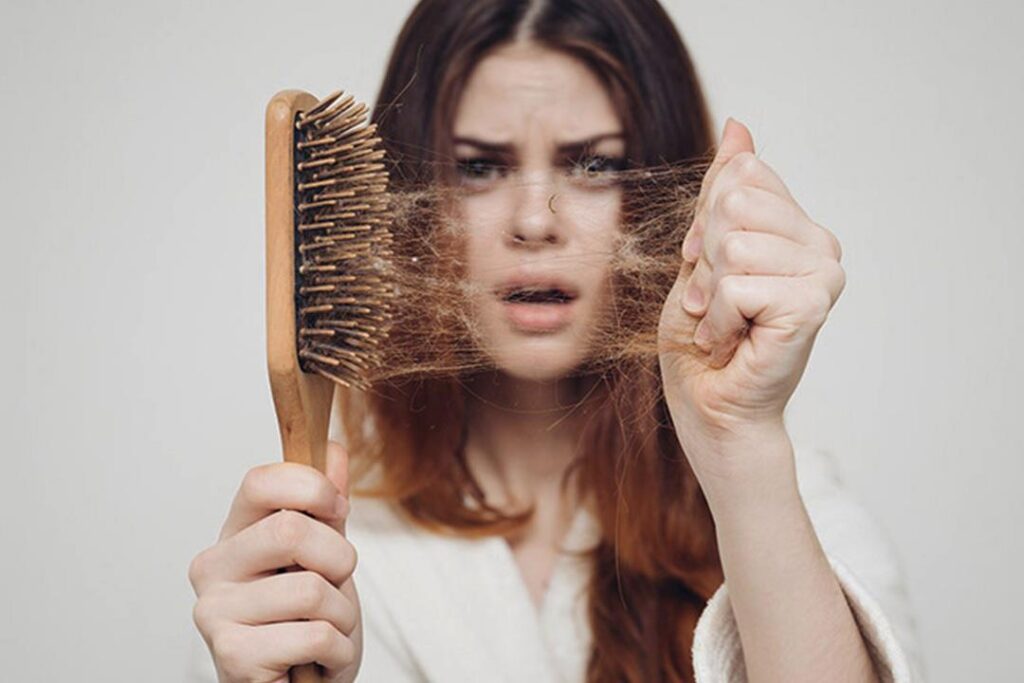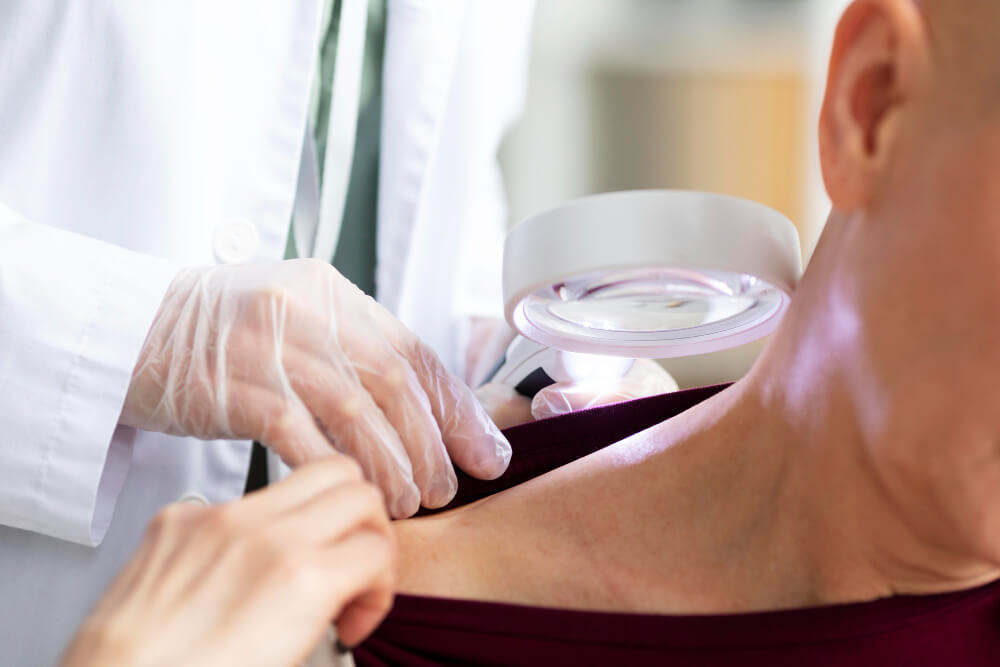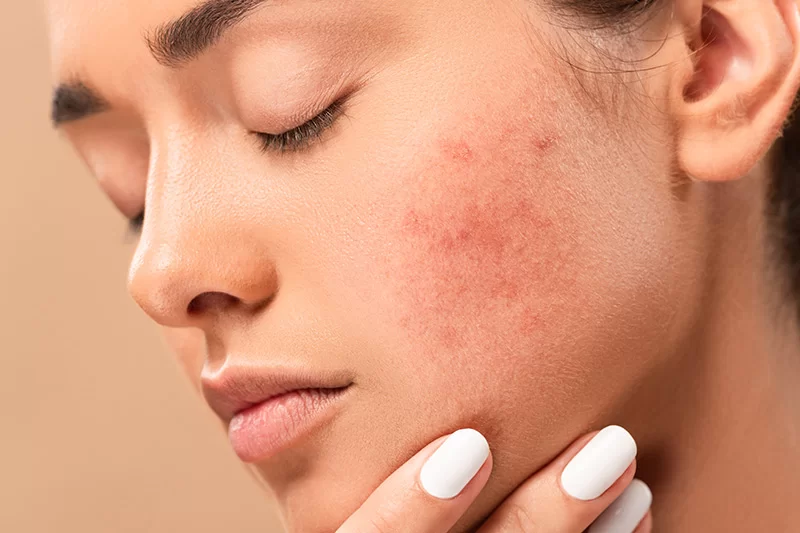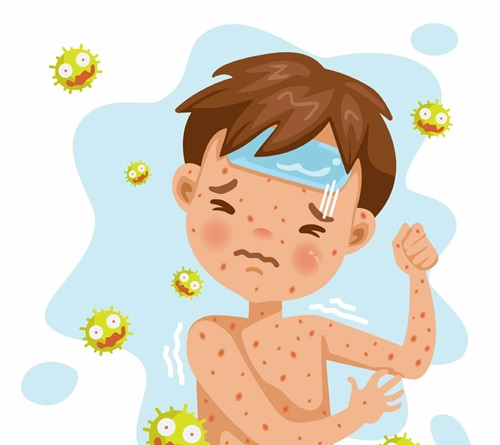
Causes of Hair Loss
Causes of Hair Loss:
Hair Loss: Hair is an important aesthetic feature for both men and women, and taking care of hair health has become a priority for a wide range of people. Hair loss is one of the important issues related to hair health and density. It is normal to lose 50-100 hairs per day, and for most people, this hair regrows. However, some individuals may experience a lack of hair regrowth as they age, leading to hair thinning. You may notice more hair on your pillow or hairbrush, causing concern.
What are the causes of hair loss:
1. Some diseases: Thyroid gland problems, diabetes, or lupus.
2. Certain medications (especially those related to cell division) such as immune disease treatments or chemotherapy for cancer.
3. Stress and psychological pressure.
4. Following a specific diet (such as a low-protein diet) and malnutrition.
5. Family history associated with hair loss.
6. Alopecia areata: An autoimmune attack on hair follicles.
7. In some cases, psoriasis can cause hair loss.
8. Poor hair care, such as certain hairstyles and excessive heat exposure.
Stress and psychological pressure are among the most important causes of hair loss, known as telogen effluvium. Exposure to severe stress (loss of a loved one, divorce, job loss, miscarriage, etc.), undergoing surgery, recovering from an illness especially if it involves high fever, stopping birth control pills; hair loss usually does not occur directly after the stressful event but after a period of time, such as several months. This shedding is normal and is supposed to stop once the body adapts to the event. Within 6-9 months, the hair tends to regain its density; however, continued stress may prolong hair loss.
How a Dermatologist Determines the Cause of Hair Loss:
It is important to know how long you have been experiencing hair loss and if it has been sudden.
The dermatologist will examine your scalp, nails, or any other area where you are experiencing hair loss.
They will also assess the vitality of your hair; gently pulling on the hair will provide information about its growth and whether it is prone to breakage.
The dermatologist may request some tests if they suspect a vitamin deficiency, hormonal imbalance, or infection. You may need blood tests or a scalp biopsy to determine the issue.
It is important to inform the doctor about any family history of hair loss. Women who inherit genes for hair loss often experience gradual thinning, while men with hereditary hair loss may develop a receding hairline or bald spot starting in the middle of the scalp.

Hair Loss Treatment:
The key to treating hair loss is identifying the cause. Consult a dermatologist to determine the underlying issue behind the hair loss:
- Hair may regrow on its own, making treatment unnecessary. This often happens when the problem is due to stress or psychological strain, as the body adapts and hair may renew after some time.
- Changing hair care (or styling) routines may help revitalize and promote hair growth.
- There are many home remedies that can help with hair regrowth and often do not require a prescription, such as:
- 1. Minoxidil: Treats early hair loss and cannot fully regrow a bald scalp. It is applied directly to the scalp as directed, usually once or twice a day. Regular use can enhance hair growth and prevent further loss. Minoxidil may take 6-12 months to show tangible results and may work better when combined with another treatment.
- 2. Home-use laser therapy: Caps and combs for treating hair loss at home. More studies are needed to determine who benefits most from this therapy and its long-term side effects.
- 3. Microneedling therapy: It is recommended to consult a doctor before starting this procedure. The doctor may recommend combining it with another treatment, such as platelet-rich plasma injections or corticosteroids.
Medical Procedures for Hair Loss Treatment:
- These procedures tend to be more effective in treating hair loss, including:
- Corticosteroid injections: To help regrow hair, the doctor injects corticosteroids into bald areas every 4-8 weeks as needed. These injections may also help treat alopecia areata.
- Hair transplant: An effective and permanent solution, especially for thinning or bald areas due to male or female pattern baldness.
- Laser therapy: Also known as low-level laser therapy, it helps address genetic hair loss, alopecia, and post-chemotherapy hair loss. Several sessions are required for effectiveness, and it is pain-free.
- Platelet-rich plasma (PRP) therapy: An effective and safe treatment for hair loss involving extracting blood, separating plasma from cellular components, and injecting the plasma into areas of hair loss. The procedure takes about 10 minutes, and multiple injections are needed for results.



